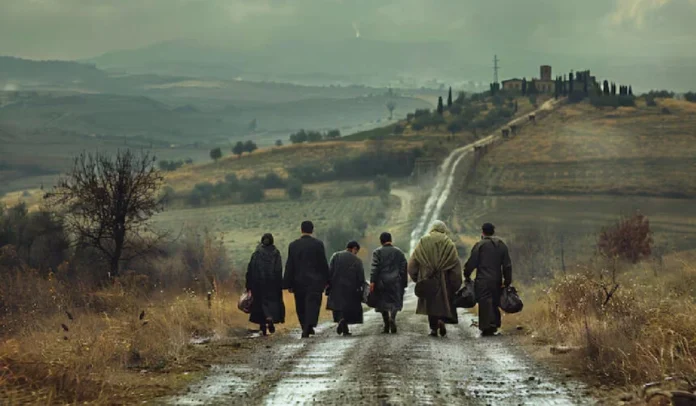The word bardoek may not be widely recognized, but it carries with it an intriguing sense of uniqueness and creativity. Whether used as a brand name, an artistic concept, or a symbolic expression, bardoek reflects the human drive to create, to innovate, and to stand out. In an era where originality and authenticity are highly valued, terms like bardoek remind us that identity and meaning can be shaped through imagination. Exploring what this word represents helps us uncover themes of innovation, culture, and personal expression.
The Essence of Identity in Unique Terms
Words like bardoek often become part of identity, whether personal or collective. In many cases, such terms originate in niche communities or are coined to represent something distinctive. A unique name or label creates a sense of belonging, helping people connect to an idea or a movement that feels authentic. Just as brands rely on their names to project values and credibility, bardoek illustrates how language can become a tool for representation. It reminds us that identity does not always need to be bound by tradition; it can emerge from fresh and unconventional expressions.
Creativity and Symbolism Behind Bardoek
The concept of bardoek can also be associated with creativity and symbolism. In a world saturated with generic terms, something original stands out and resonates deeply. This uniqueness sparks curiosity, encouraging people to ask questions and interpret meaning in their own way. Creative terms are often layered with symbolism, and bardoek could represent anything from resilience to transformation, depending on context. This flexibility allows such words to transcend a single definition, becoming vessels of inspiration that adapt to various forms of art, culture, or personal projects.
The Role of Language in Shaping Culture
Language has always been one of the most powerful tools in shaping culture, and bardoek reflects this truth. A new word can enter social circles, gradually building meaning through repeated use and shared experiences. Over time, it can represent an entire movement or style, capturing the essence of an era or community. In this way, bardoek highlights how language evolves and adapts, serving as a mirror to the cultural shifts around us. Just as slang terms or artistic names gain prominence, unique words have the power to enrich collective memory and influence creative expression.
Innovation Through Original Concepts
Innovation often begins with original ideas, and bardoek symbolizes this spark of originality. In design, music, technology, or literature, inventing something new requires breaking away from the expected and exploring uncharted paths. Names and terms that feel fresh and different, such as bardoek, are often at the heart of innovative projects because they evoke curiosity and inspire others to think differently. They serve as reminders that innovation is not only about creating new products or solutions, but also about reshaping perceptions and reimagining possibilities.
Bardoek in a Digital Age
In the digital landscape, unique words like bardoek become even more powerful. Online presence is highly dependent on distinct branding, and originality is what sets individuals, creators, or businesses apart. A unique name becomes a digital identity that can travel across platforms, attracting attention and fostering community. In this sense, bardoek can represent how modern culture thrives on originality, with digital tools amplifying voices and ideas that might otherwise remain unheard. It illustrates how creativity and individuality are celebrated in an interconnected, global environment.
Conclusion: The Meaning We Create
At its core, bardoek represents the human ability to assign meaning, create identity, and inspire innovation. While the word itself may appear simple, its significance lies in the stories, contexts, and ideas that people attach to it. In a constantly changing world, having terms that feel unique and authentic allows us to express ourselves more deeply. Bardoek is not just a word—it is a reminder that meaning is not fixed but created, and that creativity continues to be one of our most valuable tools in shaping culture, identity, and the future.


